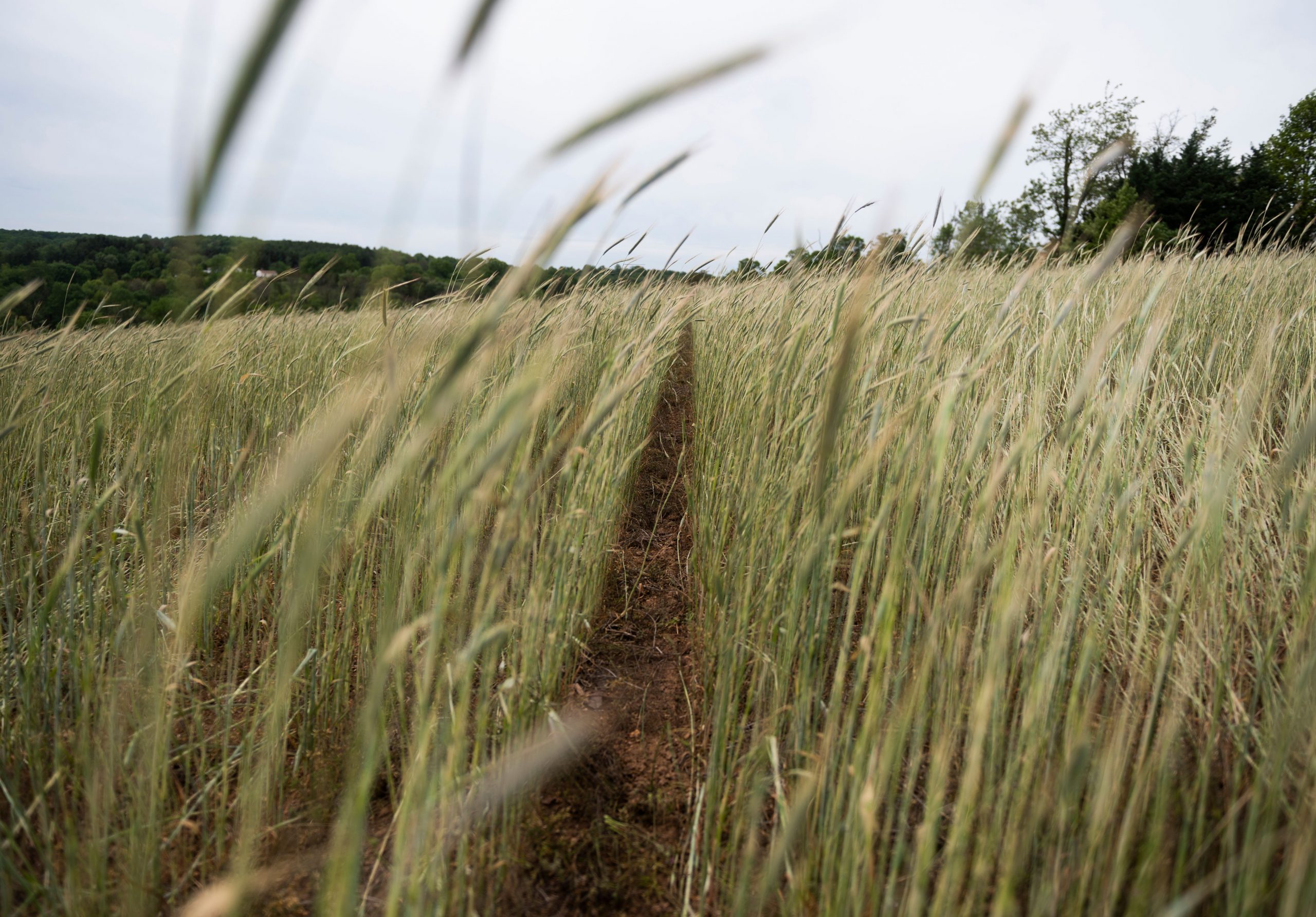
Across the globe, foreign direct investment (FDI) inflows are set to drop by between 30 per cent and 40 per cent during 2020 and 2021 as a direct result of the Covid-19 pandemic, according to the UN Conference on Trade and Development.
FDI refers to an investment in the form of a controlling ownership of a business, as opposed to part of a portfolio, by an investor in a different country.
Across the UK, companies have had to negotiate a volatile environment since the vote to leave the EU in June 2016. There was an initial steep decline in what is known as greenfield investment, which is where a parent company creates a subsidiary in a different country, building its operations from the ground up.
This has since levelled out, but the average size of greenfield FDI projects in the country is significantly smaller than it was before the referendum. This indicates that companies have become wary of longer-term investments into the UK and are perhaps hedging their bets by holding in other locations, particularly those within the EU.
M&A up, greenfield down
Brexit is, understandably, not the only issue: there are further problems related to the Covid-19 pandemic. UK greenfield investments were down 15 per cent year-on-year between February and April compared with the same period in 2019, according to analytics company Bureau van Dijk. Furthermore, it reported that the pound value of these projects in this period was down by a whopping 77 per cent.
fDi Markets further substantiated this, showing a significant drop in inbound greenfield projects of approximately 70 per cent between the first quarter of 2019 and the same period in 2020, while outbound projects – where British investors will look at putting money into projects in other countries – almost halved in this time.
More positively, inbound deals – including mergers and acquisitions, asset transactions, private equity and venture capital deals – to the UK grew in the first quarter of 2020 compared with the same three months of 2019, from 204 to 280, according to GlobalData. This suggests that despite Covid-19’s devastating effect on the UK economy, deal activity remains fairly healthy.
Supply chains re-examined
“Coronavirus is a huge threat that the UK is facing,” said the UK Minister for Investment, Gerry Grimstone. “It is becoming increasingly clear that the coronavirus crisis will have a profound impact on the global economy – and on global investment flows as businesses focus on protecting cash flows and the resilience of their current operations.
“The pandemic has shown us the importance of keeping trade flowing and building diverse supply chains that are robust in a crisis.”
Supply chains had been a hot topic even before the onset of the pandemic, with the UK re-examining its global footprint, pushing a free ports agenda – which has since seen its timeline pushed back due to Covid-19 – and looking at possible reshoring strategies.
Bringing manufacturing back to the UK was certainly a rallying cry for leading Brexiteers in the run up to the EU referendum. Rupert Gather, the founder and executive chairman of InvestUK – an investment firm specialising in promoting inbound FDI to the UK – says: “I think we will probably see some major FDI losses, such as car manufacturing plants… But I think that we have an equal and greater opportunity to build up a really exciting manufacturing and development base of our own kind, from the bottom up.”
He adds that manufacturing in the UK would be better served by focusing on smaller manufacturing projects, saying: “I would prefer to see ten factories employing ten people, than one factory employing 100 people.”
Is confidence dwindling?
With so much uncertainty plaguing economies, investors may be holding back from committing to investments until the fog clears. This goes hand in hand with a wider lack of confidence in the UK, according to Gather.
“[There has been] a grave disquiet around the UK government’s handling of Covid-19… We do have a reputational issue to overcome,” he says. “There is basically a PR message that needs to be put forward, that the UK is a safe investment and a great place to be.”
Grimstone has more faith in the UK’s success in appealing to investors, however.
“I am confident that with the UK’s strong infrastructure alongside a significant addressable domestic market with long-term potential, the UK offers a welcoming, open international business destination powered by global connections that offers investors the opportunity for accelerated growth,” he says. “Our creative economy, with an innovation and R&D ecosystem that can harness ideas and provide the platform for a business to reach its full potential, will endure the challenges ahead.”
Communication problems
There does appear to be an issue with communication to would-be investors, and this is something Gather hopes will be resolved.
“The Department for Business, Innovation and Skills website only talks about the exceptional talent visa,” he says. “Most innovators are bloody good, but they are not exceptional talent, they are just really good business people. So, if you are projecting a message that the only people we are interested in are the complete uber geeks – normally from a tech background – you leave aside this massive pool of highly creative, inventive, innovative people. All of whom want to set up a business in the UK, and they don’t feel like they are being talked to.”
Despite investors’ concerns around Brexit and Covid-19, Grimstone is confident in the UK’s ability to communicate with investors. “We have written to 160,000 exporters and investors to understand the challenges they face and how to best support them to continue trading,” he says.
He also recognises that some changes could prove useful.
“It will be crucial for us to adapt our promotion operations to serve a broad range of investors, both based on value and complexity, and use data and technology to ensure a seamless experience for an investor while keeping our competitive advantage,” he says.



